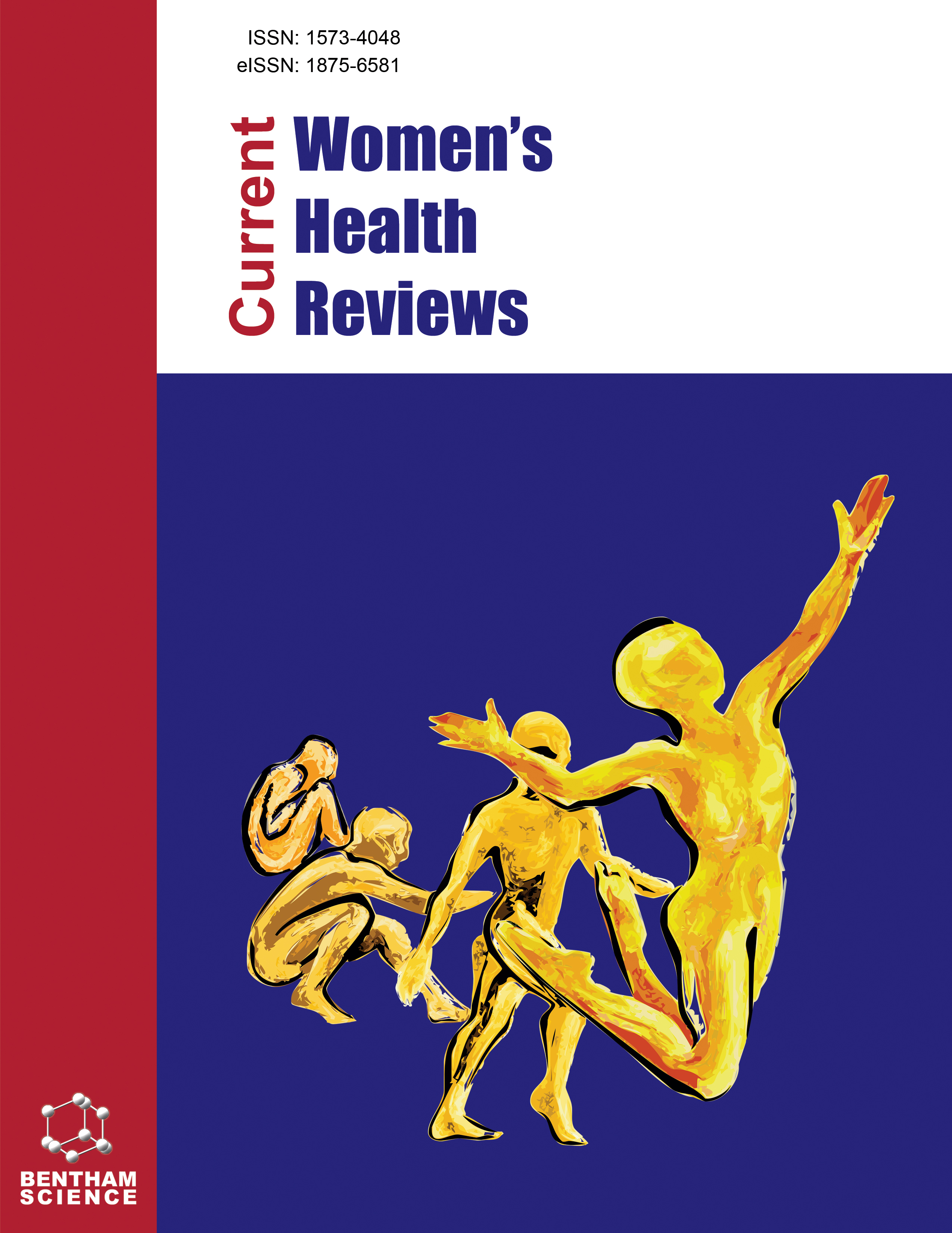
Full text loading...
Endometrial scratching (ES) has been reported as a strategy to improve the outcome of IVF. Considering that the follicular phase and luteal phase have their specific characteristics and hormonal secretions, we investigated whether scratching in different phases affects a woman's chances of becoming pregnant following frozen embryo transfer.
A total of 300 frozen embryo transfer candidate women with normal cavities and good embryo quality were randomly divided into two groups: Group A with ES in the follicular phase and group B with ES in the luteal phase. In both groups, endometrial scratching was performed before IVF. The rate of pregnancy and baseline characteristics, such as age, education, and embryo quality, were compared between the two groups.
Our results showed no significant differences in baseline characteristics between the groups. Furthermore, no significant differences were observed between the women who underwent ES in the follicular phase and those in the luteal phase for the outcome of IVF and chemical or clinical pregnancies.
ES in different phases of the cycle preceding frozen embryo transfer did not affect the outcome of pregnancy.

Article metrics loading...

Full text loading...
References


Data & Media loading...

